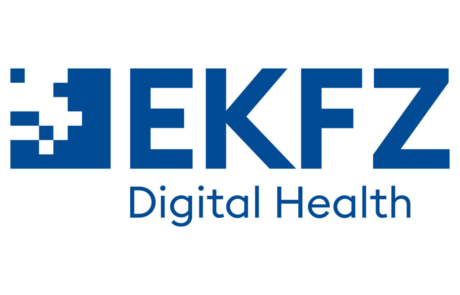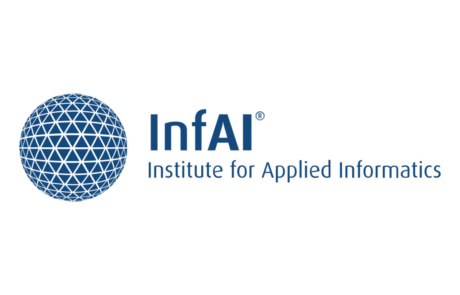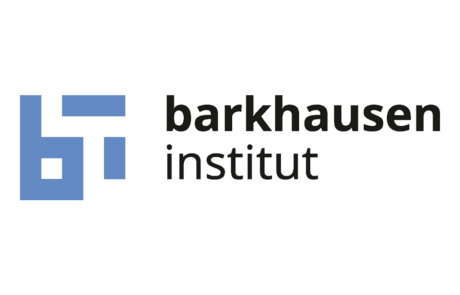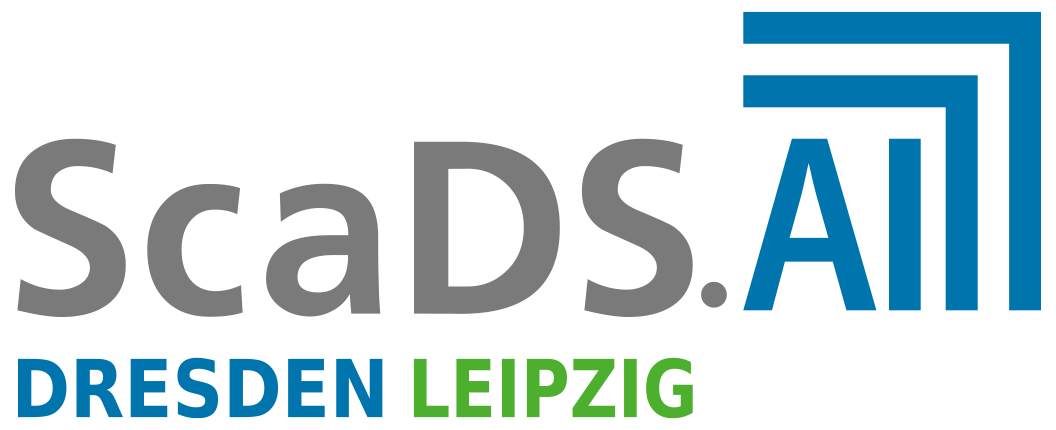CALLISTO
Artificial Intelligence (AI) is already part of our lives and is extensively entering the space sector to offer value-added Earth Observation (EO) products and services. Copernicus data and other georeferenced data sources are often highly heterogeneous, distributed and semantically fragmented. Large volumes of satellite data (images and associated metadata) are frequently coming to the Earth from Sentinel constellation, offering a basis for creating value-added products that go beyond the space sector. The analysis and data fusion of all streams of data need to take advantage of the existing DIAS and HPC infrastructures, as well as the Galileo-enabled mobile devices when required by the end users involved to deliver fully automated processes in decision support systems.
CALLISTO project integrates Copernicus data, already indexed in DIAS platforms such as ONDA-DIAS, utilizing High Performance Computing infrastructures for enhanced scalability when needed. Complementary distributed data sources involve Galileo positioning data, visual content from UAVs, web and social media data linking them with open geospatial data, in-situ sensor data. On top of these data sources, AI methods are applied to extract meaningful knowledge such as concepts, changes, activities, events, 3D models, videos and animations of the user community. AI methods are also executed at the edge, offering enhanced scalability and timely services. The analysis of the extracted knowledge is performed in a semantic way and the associated analytics are delivered to the end users in non-traditional interfaces, including Augmented Reality, Virtual Reality and Mixer Reality in general. Data fusion among several types of data sources is provided on-demand, based on the end user requirements. The AI methods are trained to offer new virtual and augmented reality applications to water utility operators, journalists for the media sector, EU agriculture and CAP policymakers, and security agencies.

Our team in InfAI is responsible for semantically indexed and enriched data generated within other modules. To this end, we aim at using advanced semantic processing frameworks such as the Semantic Analytics Stack ( SANSA ).
SANSA consists of various dedicated layers to perform SPARQL querying, inference and machine learning analytics. Existing components will be extended to provide optimized big data processing capabilities for data containing geospatial information.
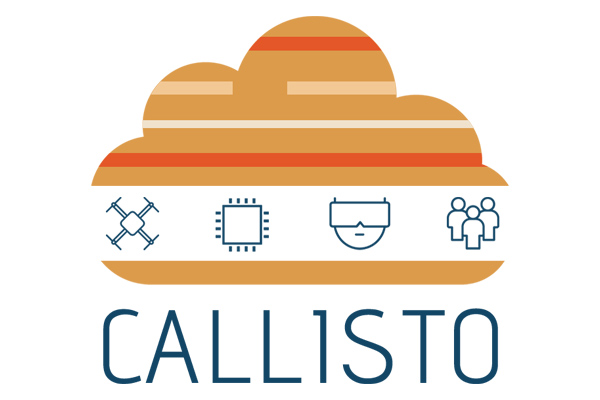
CALLISTO: Copernicus Artificial Intelligence Services and Data Fusion

